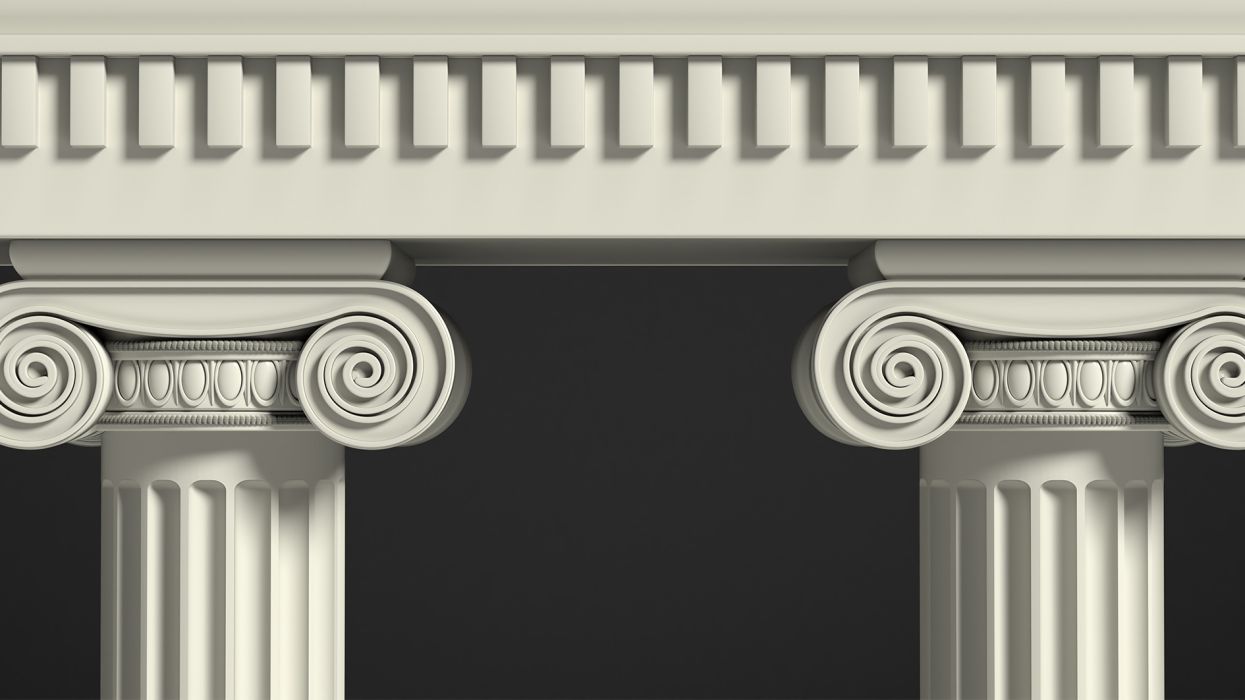States al-ʿAllāmah ʿUbayd al-Jābirī, “A lecture concerning the ʿaṣl (foundation) of the religion and that is two affairs… Shaykh Muḥammad Ibn ʿAbd al-Wahaab (raḥimahullāh) stated in his risaʿalát, ‘The origin of the dīn and its foundation are two affairs; the daʿwah, the call to the worship of Allāh alone, to encourage that, to make allegiance to that and to make takfīr of the one who leaves that. And it is to leave shirk and to be harsh against that and to have animosity against the one who is upon that and to make takfīr of the one who does that.’”
“Indeed we have sent Our Messengers with clear proofs and revealed with them the Scripture and the Balance (justice) that mankind may keep up justice. And We brought forth iron wherein is mighty power (in matters of war), as well as many benefits for mankind, that Allāh may test who it is that will help Him (His religion), and His Messengers in the unseen. Verily, Allāh is All-Strong, All-Mighty.”
[Sūrah-Hadid 57:25]
“And we have not sent down the Book (the Qurʾān) to you (O Muḥammad), except that you may explain clearly unto them those things in which they differ, and (as) a guidance and a mercy for a folk who believe.”
[Sūrah al-Naḥl 16:64]
After explaining the issue of the ʿaṣl of the dīn from the abundant proofs within the noble Qurʾān, al-ʿAllāmah ʿUbayd al-Jābirī goes on to explain the foundation of the religion from the abundant aḥādīth on the topic,
“The Ḥadīth of Ibn ʿAbbās which occurs in the Ṣaḥīḥayn, Bukhārī and Muslim. The Messenger (ṣallallāhu ʿalayhi wa-sallam), when he sent Muʿādh Ibn Jaabil to Yemen, he said to him, ‘Indeed you are going to a people from the people of the book, so let the first thing you call them to be, ‘There is no deity worthy of worship except Allāh.’ And in some narrations it is stated ‘That they single Allāh out in worship.’ As for the third Ḥadīth, it occurs in the sunanut-Tirmidhī, on the authority of Muʿādh Ibn Jaabil (raḍī Allāhu ʿʿanhu) who said, ‘I said, O Messenger of Allāh, point me to an action, which if I do that action, it will bring me close to the Paradise and it will distance me from the Fire. So the Messenger (ṣallallāhu ʿalayhi wa-sallam) said, Indeed you have asked about something grave, but it is easy upon the one Allāh makes it easy for, that you worship Allāh and that you do not make shirk with him.’”
The Questions:
[Q1]: Are the sects of shirk considered from the seventy-two sects in the fire or are they are safe from the fire?
[Q2]: Which is the best way for a beginner to learn tawḥīd?
[Q3]: What are the types of riyaa (showing off) in Islām?
[Q4]: Who are the major scholars of this time and what is the status of ʿAlī Ḥasan al-Ḥalabī?
[Q5]: To what extent do we need to have baṣīrah (insightful knowledge) in order to give daʿwah?
[Q6]: Is it true that Shaykh Muḥammad Ibn ʿAbd al-Wahhab said that the one who rules by other than what Allāh has revealed is a person who is exchanging the whole of the sharīʿah of Allāh. What is the meaning of that if he did say so?













